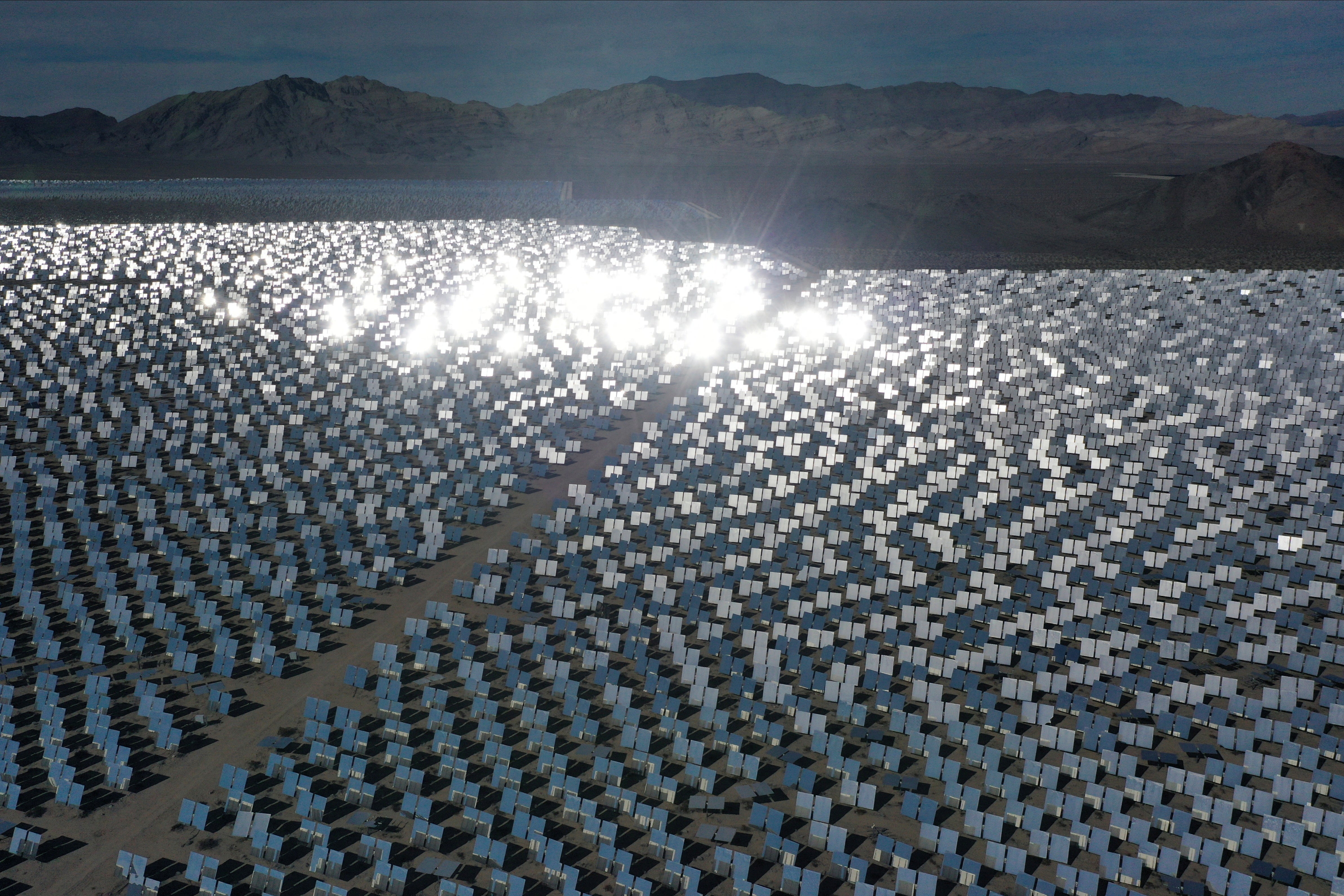Solar power subsidies face reform

Your support helps us to tell the story
From reproductive rights to climate change to Big Tech, The Independent is on the ground when the story is developing. Whether it's investigating the financials of Elon Musk's pro-Trump PAC or producing our latest documentary, 'The A Word', which shines a light on the American women fighting for reproductive rights, we know how important it is to parse out the facts from the messaging.
At such a critical moment in US history, we need reporters on the ground. Your donation allows us to keep sending journalists to speak to both sides of the story.
The Independent is trusted by Americans across the entire political spectrum. And unlike many other quality news outlets, we choose not to lock Americans out of our reporting and analysis with paywalls. We believe quality journalism should be available to everyone, paid for by those who can afford it.
Your support makes all the difference.All homes which install solar electricity panels must meet minimum energy efficiency standards in order to benefit from subsidies, the Government said today.
Energy Minister Greg Barker said that there would be no more solar subsidies under the feed-in tariff scheme, which pays people for the electricity they generate from small scale renewables, for homes that are energy inefficient.
He told the Solar Power UK conference: "It cannot be right to encourage consumers to rush to install what are still expensive electricity generating systems in their homes before they have thoroughly explored all of the sensible options for reducing their energy consumption first."
Mr Barker did not announce cuts to the subsidies for electricity generated from small scale solar photovoltaics (PV), but they are widely expected to come in the next few days.
The solar industry fears major reductions in the subsidies, which make installing the panels financially viable, will destroy the sector.
Mr Barker insisted to delegates: "I haven't come here to kill off the tariff scheme, I want to fix it, enhance it and put the whole industry on a sustainable, credible economic path to a bright and exciting future."
But he warned the conference that the feed-in tariffs had to live within their budget, and were unsustainable in the current financial conditions.
Lower levels of subsidies were necessary to ensure there was more money to go around and the scheme would not just give "bumper returns to a lucky few".
The Department of Energy and Climate Change said 260 megawatts (MW) of solar PV had been fitted since the scheme started, compared to the 94MW projected to have been installed by this point, and that the costs of installation had dropped from an average £13,000 to £9,000 for the technology.
Installations were double in September what they were in June, as people rushed to take advantage of the current subsidies before the proposals to reduce them were published.
Mr Barker said that costs of solar PV had plunged by as much as 70% in two years and tariff levels needed to reflect the the lower prices.
He insisted the changes to the tariffs would avoid boom and bust in the industry.
And he said the feed-in tariffs programme had to be more closely linked with the "green deal" which will cover the upfront costs for householders of installing measures such as insulation, with the money paid back from savings on bills.
He told the conference that requiring households which install solar PV to be energy efficient in order to qualify for subsidies would provide them with new business opportunities.
"No more PV subsidy for energy inefficient buildings - but this is not a brake on your business, but a new green business opportunity.
"This will encourage companies like yours to diversify into new sectors and join the transformation of the energy efficiency market with the same gusto as you have microgeneration," he told delegates.
PA
Read more on solar panel costs
Join our commenting forum
Join thought-provoking conversations, follow other Independent readers and see their replies
Comments